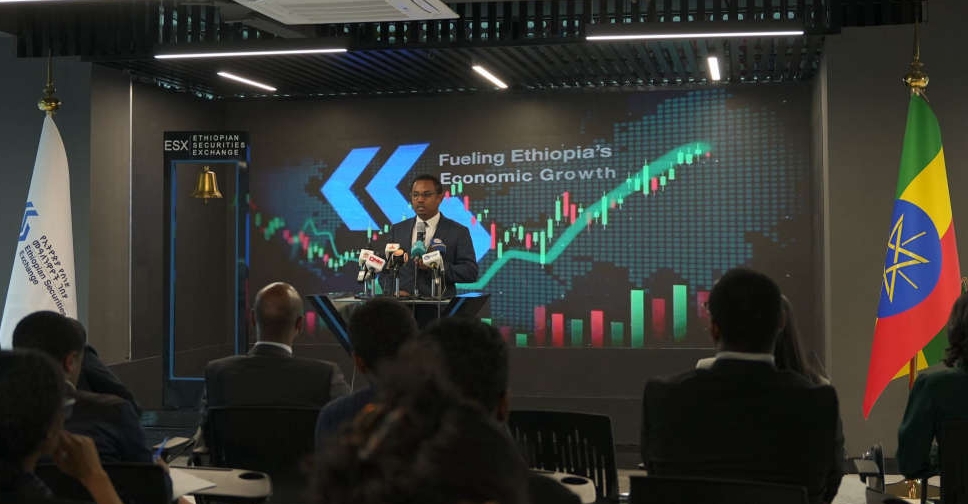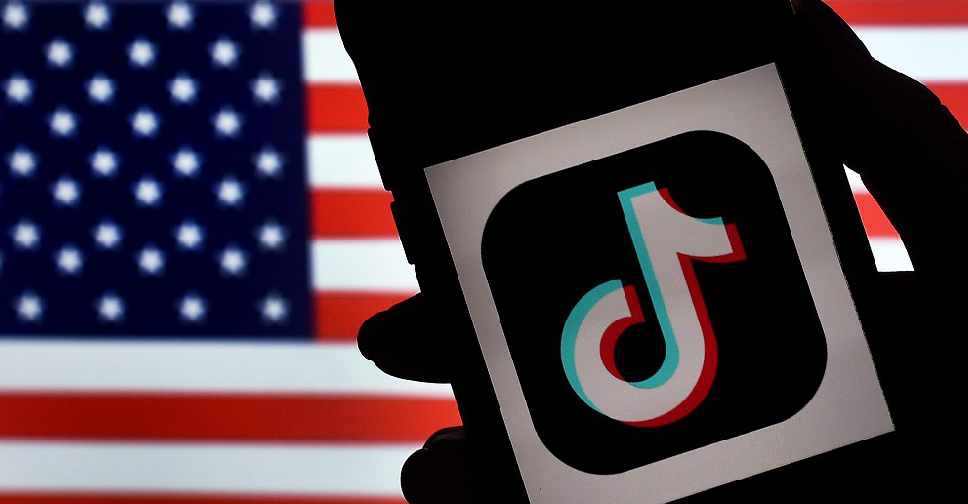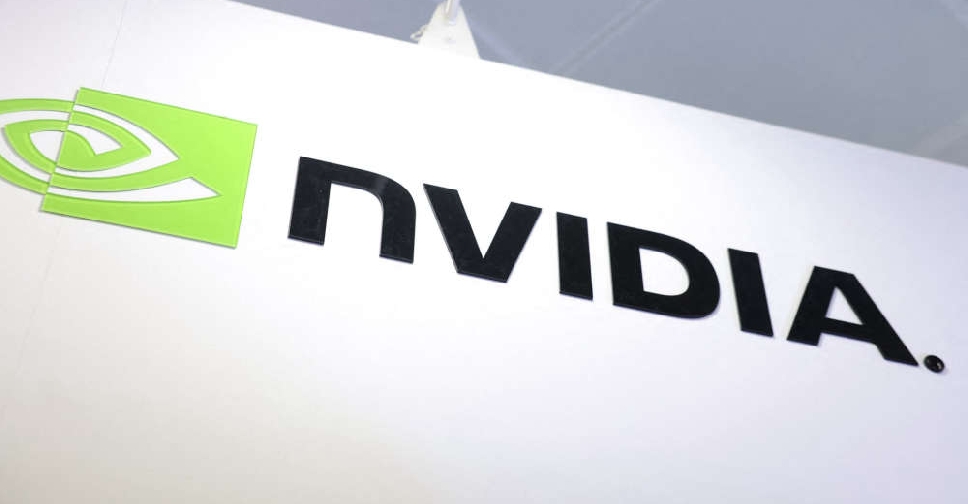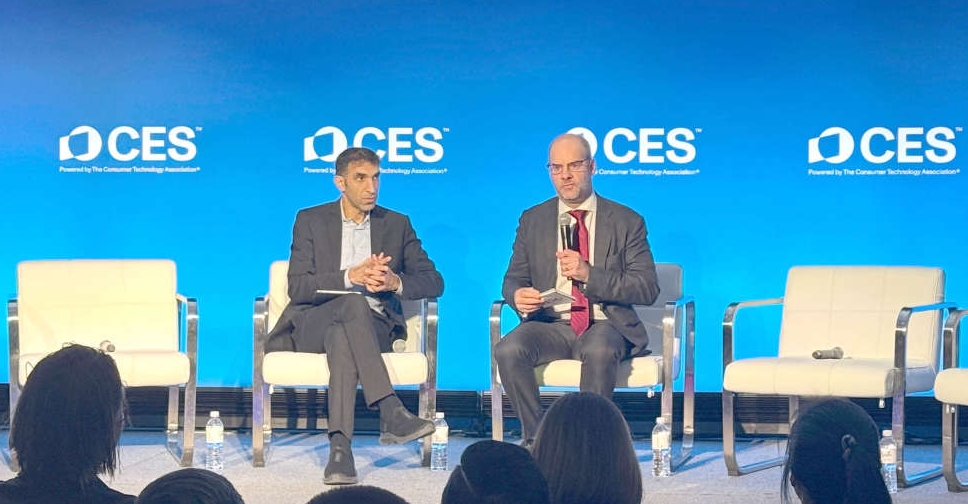
The Japanese maker of air bags linked to the deaths or injuries of dozens of motorists has agreed to pay a record US civil penalty of up to $200 million and have an independent monitor oversee the nation’s largest-ever automotive safety recall. Under a five-year consent decree reached with the National Highway Traffic Safety Administration and announced Tuesday, Takata Corp. agreed to pay $70 million as much as $130 million more in fines if it doesn’t adhere to terms of the settlement, a US regulator said Tuesday. At $200 million, it would be the largest civil penalty in the agency’s history. “American drivers should not have to worry that a device that is meant to save their life might actually take it,” US Transportation Secretary Anthony Foxx said at a news conference in Washington. Takata expects to book an 8.5 billion yen ($70 million) charge for the quarter ending in September, according to a statement filed to the Tokyo Stock Exchange. Honda Motor Co., its largest customer, said in a statement that none of its new models under development will be equipped with a front driver or passenger Takata air-bag inflator. Takata fell 2.8% to 1,334 yen at 9:06 a.m. in Tokyo trading, compared with the 1.6% gain in the benchmark Topix index. The NHTSA decree orders Takata to fire some employees and phase out a chemical propellant suspected of degrading over time, leading air bags to inflate with explosive force. The agency is also, for the first time, ordering automakers to speed up recalls that have so far reached only about a quarter of the affected cars. Takata Statement “We deeply regret the circumstances that led to this Consent Order,” Shigehisa Takada, chairman and chief executive officer of Takata, said in an e-mail. “This settlement is an important step forward for Takata that will enable us to focus on rebuilding the trust of automakers, regulators and the driving public.” The penalties cap a period of increasingly harsh, record- breaking enforcement actions by auto regulators. Last year, General Motors Co. paid a then-record $35 million for concealing a defective ignition switch from NHTSA. In January, Honda paid $70 million - a new high - for failing to comply with rules on reporting deaths, injuries and warranty claims to the government. Fiat Chrysler Automobiles NV broke that mark with a settlement that could amount to $105 million four months ago. Critics Dissatisfied Even the potential $200 million Takata faces isn’t enough to satisfy some critics. Democratic Senators Richard Blumenthal of Connecticut and Edward Markey of Massachusetts said NHTSA should be given authority to issue higher penalties in legislation to authorize highway programs scheduled for House debate this week. “Meager fines do nothing more than change the costs of doing business and provide no meaningful deterrence for continuing reprehensible and irresponsible behavior,” the senators said in an e-mailed statement. Foxx had harsh words for Takata, whose air bags have been shown to improperly inflate in some circumstances and spray the passenger compartment with deadly bits of metal. NHTSA has confirmed seven fatalities and 100 injuries in the US One overseas death has also been linked to the defective parts. “For years, Takata has built and sold defective products, refused to acknowledge the defect, and failed to provide full information to NHTSA, its customers or the public,” Foxx said. “This has been a mess and today DOT is stepping in to clean up the mess.” A separate legal order Foxx announced lays out a schedule for the 12 automakers and prioritizes repairs based on risk. It’s the first time NHTSA has used its authority to force the industry to speed up a recall. Priority Groups The “coordinated remedy order” divides the more than 19 million vehicles into priority groups. The deadline for the first priority group to be repaired is March 2016. Others begin in 2017 and run through 2019. Some Takata employees will be fired as part of agreement. Company has 60 days to tell NHTSA who they are. And the agency is ordering Takata to phase out use of ammonium nitrate, the chemical it used to inflate the airbags. NHTSA said it no longer has confidence in the explosive propellant as used by Takata, lacking a chemical additive that reduces moisture. Takata won’t use the compound in any future contracts with automakers. It will phase out use as current contracts are fulfilled. It agreed to complete all use by end of 2018. Independent Monitor The independent monitor will be appointed by NHTSA but paid for by Takata. The monitor will be given unrestricted access to company documents and Takata will inform employees they can report safety information to the monitor without retaliation. Takata said it will pay the initial $70 million fine in six installments ending in October 2020. “We will comply with all aspects of the settlement and are committed to being part of the solution,” the company’s CEO said in the statement. The agreement with NHTSA marks a “pivot point” for Takata, which will set out on “orderly transition to the next generation of inflators,” Takada said. A total of 23 million defective inflators need to be replaced, but less than a quarter of the affected cars in the US have been repaired, NHTSA said in a briefing Oct. 22. Motorists can go to www.safercars.gov to see if their vehicles are in need of the free repair. Honda Statement Honda, which has the largest number of recalled vehicles with Takata air bags, pledged to work with the company and regulators. Its review of documents from Takata suggest misrepresented test data, the automaker said. “Honda expects its suppliers to act with integrity at all times and we are deeply troubled by this apparent behavior,” the company said in a statement. Neither NHTSA nor Takata nor the affected automakers have been able to determine a root cause for the air-bag defect. The agency has said the pattern of explosions in hot-weather states suggest the defect is triggered by prolonged, constant exposure to high humidity and a car’s age. Jail Time? Car companies have spent millions of dollars lobbying to keep Congress from passing a law with criminal penalties, and that’s why automotive scandals continue to happen, said Clarence Ditlow, executive director of the Center for Auto Safety. “The real penalty today is just $70 million and an independent monitor to be named later,” Ditlow said. “Not until an auto company official is put in jail will automakers change their behavior.” In justifying the largest civil penalty it has ever imposed, NHTSA said it had established a pattern going back to at least 2009 of Takata providing selective, incomplete or inaccurate information, misleading regulators, its automaker customers and consumers. “We’re holding Takata responsible for its failures, and we are taking strong action to protect the traveling public,” said NHTSA Administrator Mark Rosekind. (By Jeff Plungis/Bloomberg)



 Ethiopia to open stock exchange in drive for investors
Ethiopia to open stock exchange in drive for investors
 Supreme Court to hear fight over looming US ban on TikTok
Supreme Court to hear fight over looming US ban on TikTok
 Nvidia criticizes reported Biden plan for AI chip export curbs
Nvidia criticizes reported Biden plan for AI chip export curbs
 UAE advances tech cooperation with US partners at CES 2025
UAE advances tech cooperation with US partners at CES 2025


